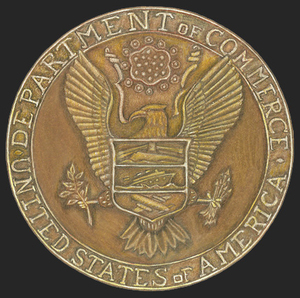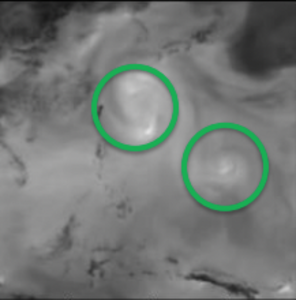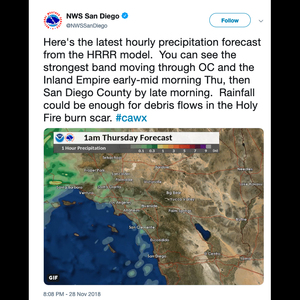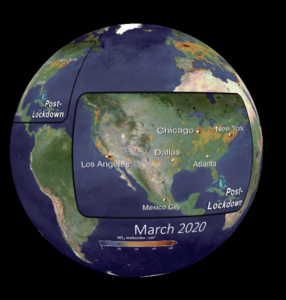There are many ways to follow what's happening within the Global Systems Laboratory.
Explore what's possible.
GSL MEDIA SOURCES
All the ways to keep you with the most up-to-date content.
Download a fact sheet, be social, build a news reader, or explore our newsletters.
Downloads
Social Channels
RSS
Copy this link to import our news feeds.https://gsl.noaa.gov/feed.xml
Quarterly Newsletter

November 29, 2022
GSL receives three NOAA Bronze Medals
The Department of Commerce Bronze Medal is are the highest honor award granted by the Under Secretary of Commerce for Oceans and Atmosphere and recognizes federal employees for superior performance and is awarded to individuals, groups (or teams), and organizations. Congratulations to all our GSL, CIRES, and CIRA recipients!

November 14, 2022
NOAA GSL's Machine Learning Tropical Cyclone Detection System
NOAA Global Systems Laboratory (GSL) scientists, in collaboration with scientists from the European Centre for Medium-Range Weather Forecasts (ECMWF) and NVIDIA, investigated the use of machine learning (ML) and artificial intelligence (AI) to extract information for tropical cyclone (TC) forecasting. The goal of the collaboration was to de...

November 04, 2022
NOAA’s NWS and GSL successfully rebuild experimental model on the Cloud
Computing capacity is crucial for advances in data processing in weather and climate models, but as newer model versions have increased data resolution, on-site capacity may not be sufficient. On September 21st, 2022, the NOAA National Weather Service and NOA Global Systems Laboratory development teams were able to demonstrate that NOAA's Rapid ...
.jpg)
October 26, 2022
GSL delivers the prototype Advanced Quantitative Precipitation Information system to Bay Area users
Tracking raindrops from cloud to ground to river and ocean in the San Francisco Bay Area.Heavy rain events are a hazard for California’s San Francisco Bay area and can overwhelm the water and wastewater infrastructure. The Advanced Quantitative Precipitation Information (AQPI) is a regional project awarded to NOAA and collaborating partners by t...

October 19, 2022
GSL advances software visualization and display system for use by forecasters
The Weather Archive and Visualization Environment (WAVE) is an online tool used by NOAA National Weather Service (NWS) forecasters to create consistent, understandable graphics for use in decision support, on social media, and in presentations. WAVE is being developed in partnership with the NWS, and can be accessed with NOAA credentials.GSL’s W...

October 07, 2022
11th Science On a Sphere® Users Collaborative Network summary
The 11th Science On a Sphere® (SOS) Users Collaborative Network Workshop was held virtually August 30 - September 1, 2022 with 159 people registered from almost 100 institutions and 8 countries. The workshop was part of the ongoing SOS partnership with NOAA Global Systems Laboratory, NOAA Office of Education, and the Cooperative Institute for Re...




